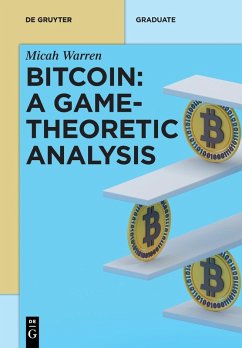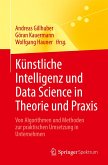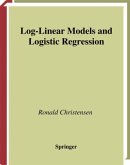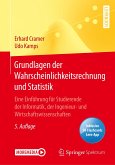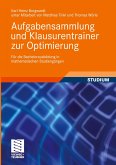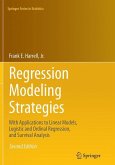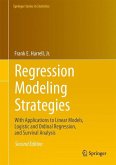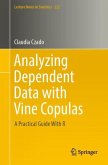The definitive guide to the game-theoretic and probabilistic underpinning for Bitcoin's security model. The book begins with an overview of probability and game theory. Nakamoto Consensus is discussed in both practical and theoretical terms.
This volume:
Describes attacks and exploits with mathematical justifications, including selfish mining. Identifies common assumptions such as the Market Fragility Hypothesis, establishing a framework for analyzing incentives to attack. Outlines the block reward schedule and economics of ASIC mining. Discusses how adoption by institutions would fundamentally change the security model. Analyzes incentives for double-spend and sabotage attacks via stock-flow models. Overviews coalitional game theory with applications to majority takeover attacks Presents Nash bargaining with application to unregulated environments
This book is intended for students or researchers wanting to engage in a serious conversation about thefuture viability of Bitcoin as a decentralized, censorship-resistant, peer-to-peer electronic cash system.
Hinweis: Dieser Artikel kann nur an eine deutsche Lieferadresse ausgeliefert werden.
This volume:
Describes attacks and exploits with mathematical justifications, including selfish mining. Identifies common assumptions such as the Market Fragility Hypothesis, establishing a framework for analyzing incentives to attack. Outlines the block reward schedule and economics of ASIC mining. Discusses how adoption by institutions would fundamentally change the security model. Analyzes incentives for double-spend and sabotage attacks via stock-flow models. Overviews coalitional game theory with applications to majority takeover attacks Presents Nash bargaining with application to unregulated environments
This book is intended for students or researchers wanting to engage in a serious conversation about thefuture viability of Bitcoin as a decentralized, censorship-resistant, peer-to-peer electronic cash system.
Hinweis: Dieser Artikel kann nur an eine deutsche Lieferadresse ausgeliefert werden.

